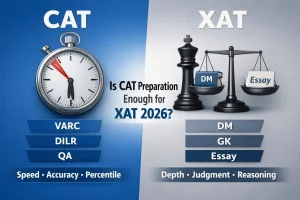 India has the world’s second largest number of legal professionals with more than 600,000 lawyers and more graduates joining in each year. These professionals are proficient in English unlike the legal professionals in the other non-English speaking countries. Traditionally these professionals have been working in small or family based firms.
India has the world’s second largest number of legal professionals with more than 600,000 lawyers and more graduates joining in each year. These professionals are proficient in English unlike the legal professionals in the other non-English speaking countries. Traditionally these professionals have been working in small or family based firms.
Globalization has brought about a revolution in international trade, making India the fastest growing economy. The legal service sector has also grown and the effect is seen in the past decade with a revolution in the legal service sector. The greatest impact is seen in the corporate legal areas like project financing, intellectual property protection, environmental protection, competition law, corporate taxation, infrastructure contract, corporate governance, international contracts and business and investment law. Globalization has thus affected the legal world too very deeply.
In this complex environment, legal professionals will have to develop themselves to meet the changing environment and the changes in the profession. They will require Management skills and education beyond that which is generally offered in their professional courses. For individual practitioners there is a need to develop a platform for networking to create a change and implement new initiatives in their own firm, which will help them to grow further. Soft skills like Communication skills, Time Management, Stress Management, Emotional intelligence are among the skills also needed in today’s competitive environment.
Thus in today’s times, with the growing size of legal firms, and the role of Corporate Counsel becoming important and diverse, it is imperative to have management skills to fulfill the role for marketing, serving clients, and manage the team. Be it judiciary or the executive departments of the Government, management skills will be required with the expanding roles of the legal professionals.
It is a matter of pride that Indian legal professionals are considered to be on par with their International counterparts but the legal professionals who move their career towards a management role should have a definite competitive edge over the others. They will be required to be aware of the business, to become known entity in the firm, for understanding the different areas of a business. They will be required to increase their level of commercial understanding. This can be brought about by learning to read balance sheets of the firm, working on the cost and taxation aspects of the firm and develop lateral thinking beyond a traditional mindset while addressing a legal problem.
India does not have the concept of continuing legal education as is compulsory in other western countries. To compete with the large international legal fraternity and to adapt to the changes in the changing world, the legal fraternity must develop themselves and make a significant impact in making India a developed country.
The legal professionals on one hand need to be part of a global fraternity and make beneficial commitments that promote trade in services and on the other hand there is need to preserve national interest. With social activism, legal professionals are being looked up to giving solutions to socio-economic problems as well, making their role all the more important at national and global levels.
Authored by:







